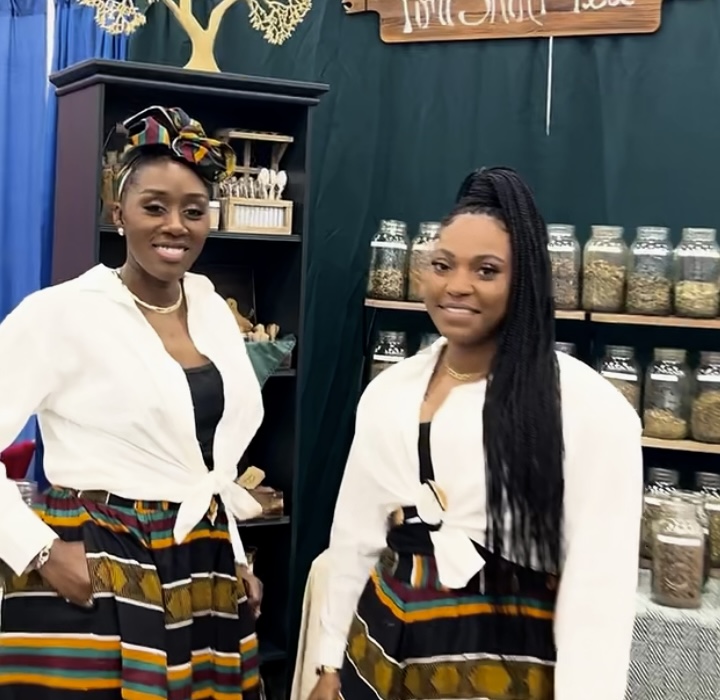The Impact of the Fireburn Uprising on Queen Mary's Legacy
- Yimi Skin & Tea
- May 27, 2025
- 2 min read

If you grew up with Virgin Islands roots, you’ve likely sung those words—echoes of one of the most powerful labor uprisings in Caribbean history.
Born in Antigua in 1848, Mary Thomas—later known as Queen Mary—migrated to St. Croix in the 1860s to work the sugarcane plantations. Though slavery had been officially abolished in 1848, freedom for Black workers remained a myth. Plantation owners continued to control labor through unjust laws, fixed wages, and travel restrictions that made life no better than bondage.
By 1878, tensions reached a breaking point. Workers, denied fair pay and basic dignity, gathered in Frederiksted, St. Croix, to demand justice. When a false rumor spread that a protestor named Henry Trotman had died at the hands of Danish police, grief turned to fury. The island ignited—more than 50 plantations and much of Frederiksted burned in what would become known as Fireburn.
At the heart of it all stood three fearless women:Mary Thomas, Agnes Salomon, and Mathilda McBean—known to the people as “The Queens.”
They didn’t just protest.They led.They burned the system so others could live free.
After the Uprising: Exile and Endurance
For their leadership, the Queens were arrested and sentenced. Queen Mary—originally condemned to death—was instead exiled to a women’s prison in Copenhagen, Denmark in 1882. She left behind her children and homeland, carrying only a ring and a few earrings. After five years behind bars in Europe, she returned to St. Croix in 1887 to serve out her remaining sentence. She passed away in 1905, but her fire never died.
Today, Queen Mary is honored as one of the most influential women in U.S. Virgin Islands history—a symbol of resistance, power, and the sacred rage of Black womanhood.
Why It Matters at Yimi Skin & Tea
Queen Mary’s story isn’t just history.It’s inheritance.It’s the same fire we sip when we drink our healing teas, brewed from the same soil she fought to free.Her courage lives in every cup, every ritual, every reclaiming of rest and resistance.
Fireburn wasn’t just a rebellion. It was a reckoning.And we carry that flame forward.




.png)



